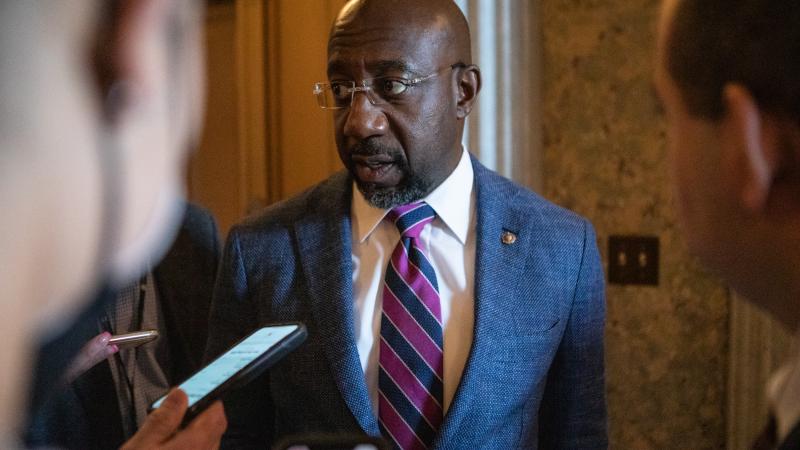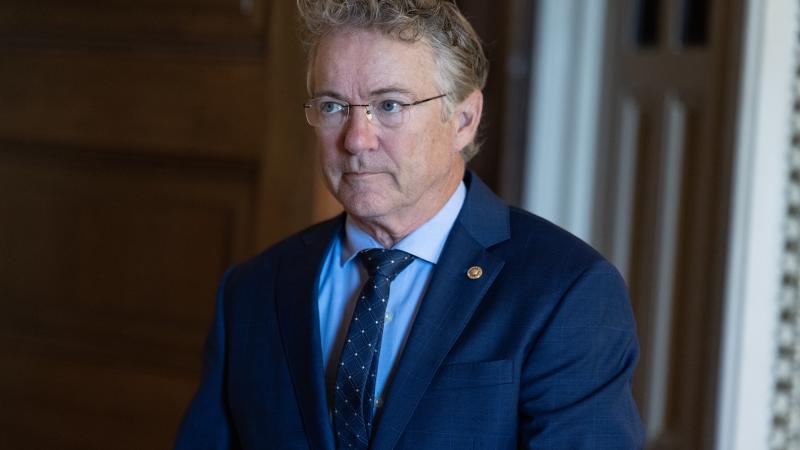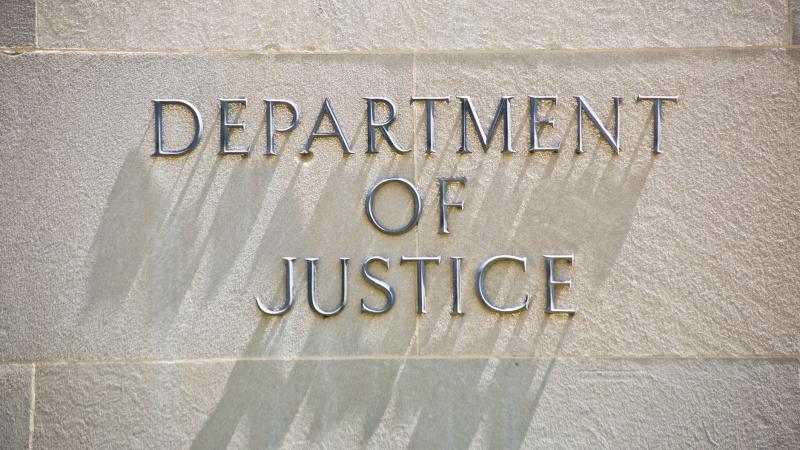How Trump can navigate budget negotiations to avert government shutdown
The "Schumer Shutdown": A government shutdown could disrupt essential services, delay federal payments and even destabilize the economy, but Democrats hell-bent on obstructing Trump may be to blame if their refusal to compromise on budget negotiations leads to the failure to pass a funding bill.
As the September 30 deadline for federal funding looms, Congress remains deadlocked on a continuing resolution (CR) to keep government agencies operational. However, unlike years past when Democrats successfully messaged on a "Republican-led shutdown," it might be harder to pass off the blame this time around.
House Republicans have already proposed a temporary funding extension through mid-November. In the wake of Charlie Kirk's assassination, it incorporated $58 million for heightened security measures for Congress, the Judiciary, and Executive Branch officials, but the plan faces intransigence from Democratic Party leaders.
Trump: Democratic demands "unserious and ridiculous"
Democrats' demands include: $1 trillion for free healthcare for illegal immigrants; allowing men to play in women’s sports; and taxpayer-funded transgender surgeries for minors.
That proposal can be read as inapposite of the voters' mandate on these social and economic issues, which propelled Trump to crush Democratic nominee Kamala Harris in last year's election.
Trump last Tuesday rejected a sit-down that the White House had agreed to a day before with Sen. Chuck Schumer, D-N.Y., and Rep. Hakeem Jeffries, D-N.Y. It would have been the first time the Republican president met with the Democratic Party’s leaders since his return to the White House, reported the Associated Press.
Trump posted to his Truth Social account, saying "After reviewing the details of the unserious and ridiculous demands being made by the Minority Radical Left Democrats in return for their Votes to keep our thriving Country open, I have decided that no meeting with their Congressional Leaders could possibly be productive."
Senators ready to work on bipartisan appropriations bills
Further enforcing the "it's not me, it's you" narrative from Republicans, Senate Majority Leader John Thune, R-S.D., said, "The House has acted. The president's ready to sign the bill. We've got the appropriations committee and a lot of senators who are ready to go to work to pass bipartisan appropriations bills [...] In order to do that, Democrats have to take ‘yes’ for an answer."
The first attempted short-term funding package sailed through the House of Representatives with ease. However, Senate Democrats, with the help of Sens. Rand Paul, R-Ky., and Lisa Murkowski, R-Alaska., formed a legislative brick wall. One Democrat senator, John Fetterman, R-Pa., voted with Republicans.
Separate legislation by Senator Ron Johnson, R-Wisc., could also point shutdown blame at Democrats. On September 15, Johnson proposed the Eliminate Shutdowns Act (S. 2806), which, if passed, would avert government shutdowns by automatically enacting temporary funding extensions at the previous year's levels until Congress passes full appropriations. The legislation, inspired by Johnson's prior bipartisan work like the 2019 Prevent Government Shutdowns Act, would provide two-week funding continuations to reduce budget uncertainty and political brinkmanship.
Johnson: "Government funding is completely out of control"
Johnson spoke to Just The News and said that during his tenure on Capitol Hill, there have been three government shutdowns, 55 continuing resolutions, 12 suspensions or increases in the debt ceiling, and ballooned the national debt from $14 trillion to $37 trillion.
"The federal government funding is completely out of control, and there's a simple solution in terms of at least ending a part of that dysfunction, just passing a bill that would automatically fund the government in rolling two-week continuing resolutions," he said.
If Democrats oppose Johnson's bill, they risk being blamed for any resulting disruptions due to their refusal to support a measure designed to maintain uninterrupted federal operations. Johnson cautioned, "We'll see exactly who votes against this. We'll see exactly who wants a shutdown for political advantage. It's not Republicans."
The Senate also rejected a Democratic plan 47-45, along party lines, with seven Republicans missing the vote.
In-person negotiations came to a halt as lawmakers departed Washington for a week to observe the Jewish New Year, Rosh Hashanah. They are expected to return with just two working days remaining before the funding deadline.














